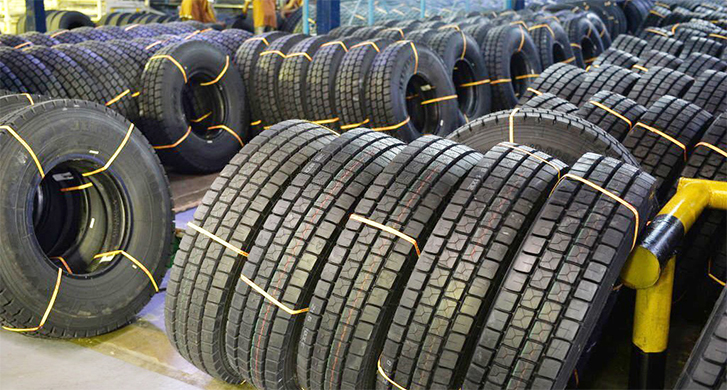Eighteen years after shutting down its Port Harcourt plant, French tyre giant Michelin is making a strategic return to Nigeria to rebuild its brand presence and reestablish the country as a key hub for its Sub-Saharan Africa operations. Although it has no plans yet to reopen a factory, the company has transitioned from an export-based model to a fully owned local agency, operating an office on Victoria Island, Lagos, with Michelin staff handling sales, marketing, and customer engagement directly.
According to Amaury Vadon, Managing Director and Vice President of Sales for Michelin Sub-Saharan Africa, the company is focusing on growth in two key segments—passenger car tyres and beyond-road solutions such as agriculture, construction, and port operations. He noted that Nigeria’s expanding road infrastructure and growing fleet of vehicles present both a challenge and an opportunity, especially in a market dominated by cheaper, imported tyres. To counter this, Michelin is prioritising consumer education and awareness campaigns that highlight the long-term safety and economic benefits of premium tyres.
Michelin’s renewed commitment is also anchored on innovation and sustainability. Globally, the company invests around 3% of its annual revenue in research and development, with cutting-edge work on electric vehicle tyres, sustainable materials, and circular economy initiatives. In Nigeria, Michelin plans to launch a tyre recycling programme in 2025, aimed at converting used tyres into reusable industrial products, as part of its broader environmental strategy under the “people, profit, and planet” framework.
Vadon described Nigeria as a “pillar market” in Michelin’s regional strategy, citing plans to strengthen distribution networks in Lagos, Abuja, and Port Harcourt ahead of a wider rollout in 2026. He said the company’s ultimate goal is to deepen its local footprint, nurture Nigerian talent within the organisation, and position Michelin as a long-term partner in the nation’s mobility and sustainability future.
